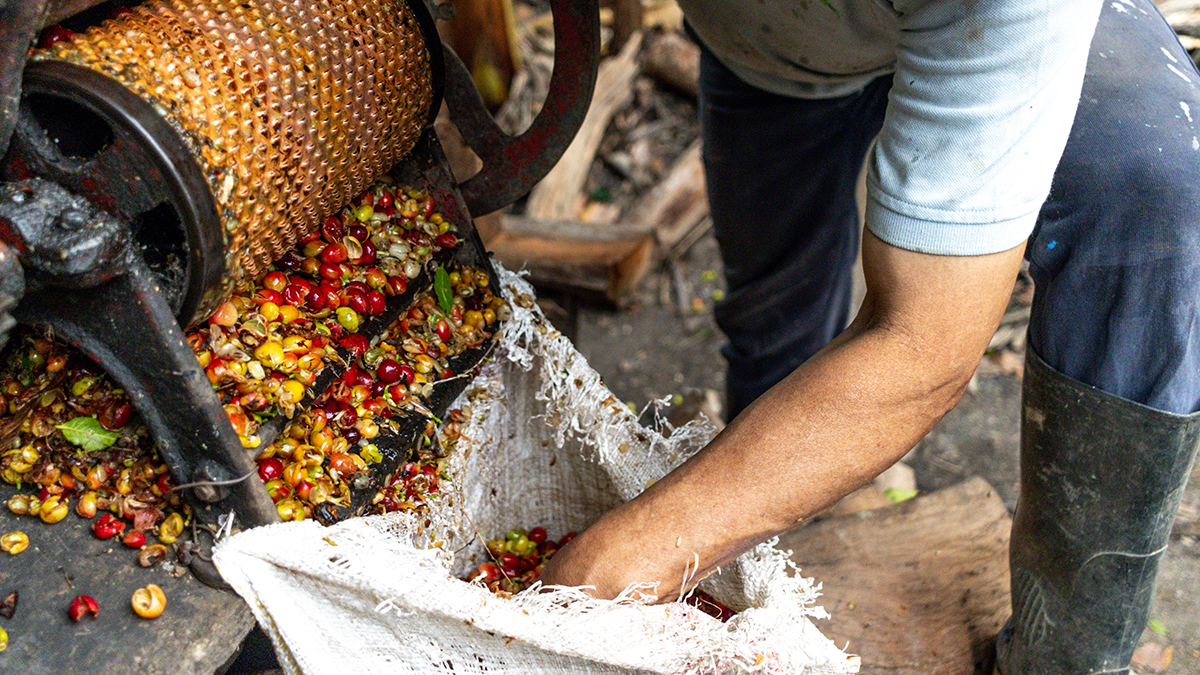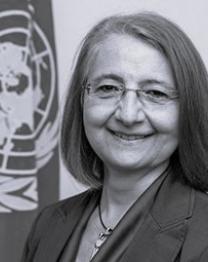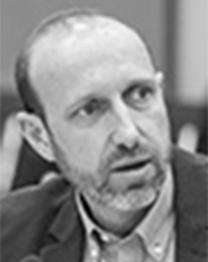© Shutterstock. - Farmer pulping Colombian coffee beans
UN Trade and Development (UNCTAD) – UN Development Programme (UNDP) / Regional Bureau for Latin America and the Caribbean
Joint Agreement to Strengthen Traceability in Latin American Coffee Value Chains
The coffee value chain is a key economic driver in Latin America. Millions of people in rural areas, particularly smallholder farmers and workers, depend on coffee for their livelihoods. There is also a key gender dimension to the coffee value chain, as women farmers and workers play an important role in this value chain across the region.
However, for the benefits of this value chain to be sustainable, it must address pressing environmental and economic issues while adapting to a global market increasingly demanding transparency.
Smallholder farmers face numerous challenges that threaten the long-term sustainability of coffee production. Economically, they often struggle with price volatility, limited access to credit, and long value chains with multiple intermediaries, who also play a role in the presence of imperfect input markets. Environmentally, coffee farming in Latin America is impacted by deforestation, soil degradation, and the effects of climate change, such as unpredictable weather patterns and increased pest infestations.
Traceability systems in coffee production can address these issues by enabling transparency across the supply chain, ensuring fair prices for farmers, and fostering sustainable practices. By tracking coffee from farm to cup, traceability fosters environmentally friendly farming methods and provides consumers with the information they need to support ethical sourcing. This, in turn, drives demand for responsibly grown coffee, promoting economic and environmental sustainability within the value chain.
For this reason, UN Trade and Development and the Regional Bureau for Latin America and the Caribbean of the UN Development Programme are teaming up to collaborate in supporting increased economic and environmental sustainability in the coffee value chains of Latin America, through a series of proposed joint activities focused on donor-funded capacity-building technical cooperation projects and policy dialogue.
Draft Programme
13:30-13:50 - Opening
- Ms. Luz Maria de la Mora, Director, Division on International Trade and Commodities, UN Trade and Development (UNCTAD)
- Mr. Jose Cruz Osorio, Senior Advisor and Head of Democracy and Development Report for Latin America, UN Development Programme/RBLAC
13:50 – 14:20 Interventions
- Mr. Josep Gari, Head, Climate, Forests & Land, UN Development Programme (UNDP)
- Mr. Rodrigo Cárcamo-Díaz, Chief (a.i), Commodities Policy Implementation and Outreach Section, UN Trade and Development (UNCTAD)
- Mr. Gerardo Patacconi, Head of Operations, International Coffee Organization (ICO)
- UNDP Video
Q & A Session
Luz Maria de la Mora is the Director of UNCTAD's Division on International Trade and Commodities. As a former Vice-Minister for International Trade and decades of government and private sector positions, Ms. de la Mora developed a career in international trade policy, negotiation, operations, and trade promotion.
During her tenure as Vice-Minister for International Trade of Mexico from 2018 to 2022, Ms. de la Mora led Mexico's trade and investment policy, overseeing fourteen free trade agreements with 51 countries. To bolster Mexico's development, she steered discussions in the World Trade Organization, the United States-Mexico-Canada Trade Agreement, Comprehensive and Progressive Agreement for Trans-Pacific Partnership, and Pacific Alliance, among others. She also coordinated policy dialogues and handled private sector consultations.
Ms. de la Mora holds a PhD in Political Science from Yale University, USA, a Master's degree in International Affairs from Carleton University, Canada, and a Bachelor's degree in International Relations from El Colegio de México, Mexico.
She is fluent in English and Spanish, and proficient in French.
Rodrigo Cárcamo Díaz is Chief (a.i.) at the Commodities Policy Implementation Section of United Nations Trade and Development (UNCTAD) in Geneva, Switzerland.
During his more than two decades of experience working on different development issues, he has authored different publications on development issues, including journal articles, a book, book chapters and research papers. His current research interests are focused on sustainable agricultural value chains for export in developing countries.
He also leads capacity-building projects on this topic in different developing countries, organizes international policy dialogue events, and represents UNCTAD in different international fora linked to agricultural commodities, trade and development issues.
He holds an MPhil in Economics from the University of Oxford, and a Diploma in Statistics from the Universidad Católica de Chile.
Economist-statistician and agribusiness sustainability and development expert, after working in the private sector, in manufacturing and banking in Italy, he joined the United Nations Industrial Development Organization (UNIDO), starting in 1987, as Associate Expert in Papua New Guinea, then holding various position, including Head at the Trade Capacity Building Branch and then as Director of the UNIDO Department of Agribusiness Development.
Policy and strategic advice, negotiation and fund mobilisation, management and operations and sustainable development and ESG, are at the core of his experience. He has successfully built innovative Public-Private Partnerships covering the coffee sector, agribusiness and creative industry value chains. He regularly contributes to specialized magazines and newspapers and is invited to participate in international events as speaker or moderator.
Josep Garí serves as a Senior Policy Advisor at UNDP. He is a political ecologist, dedicated to international cooperation for sustainable rural and territorial development. He currently leads the Climate and Forests pillar of the UNDP Climate Hub, serving in the UN-REDD management and overseeing the UNDP REDD+ portfolio. Prior to UNDP, he worked at the World Bank, the Inter-American Development Bank and FAO. He has also served in multilateral diplomacy for agriculture and the environment, including as rapporteur in the negotiations for the International Seed Treaty (2001) and as UN envoy to the Congo forests and climate agreement (2011). Josep holds a doctorate from the University of Oxford and is a fellow of the World Academy of Art and Science.





